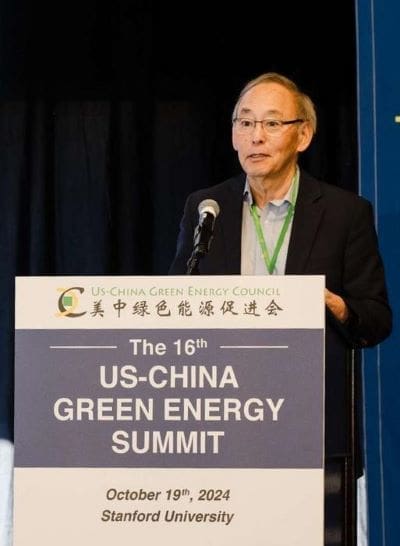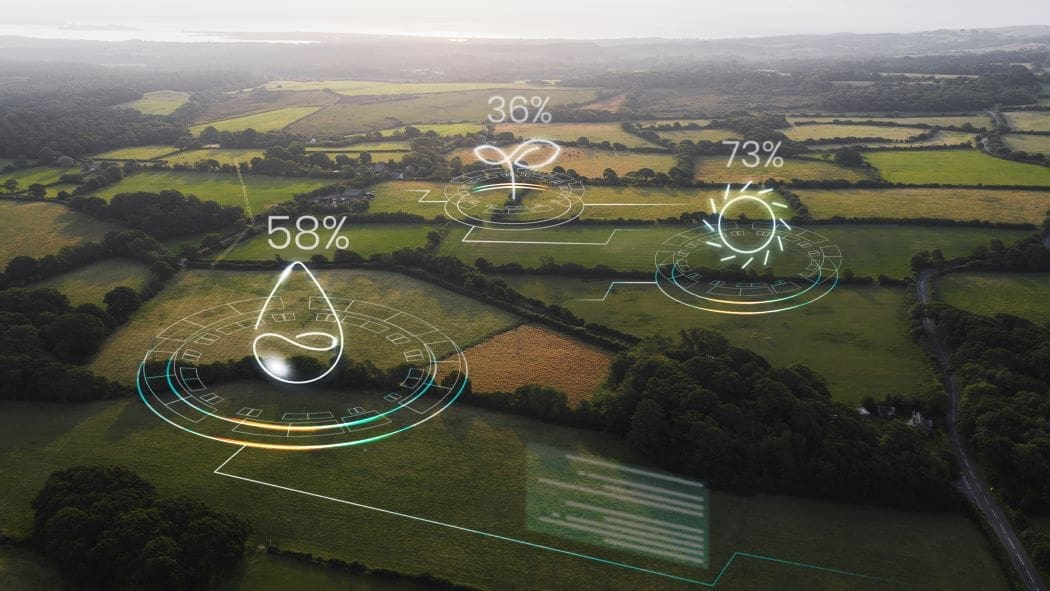As the effects of the climate crisis escalate, so does the urgency for transformative solutions.
In a recent article published in Frontiers in Energy, Nobel laureate Dr. Steven Chu of Stanford University and Qi Wang of the US-China Green Energy Council outline innovative approaches to reduce greenhouse gas (GHG) emissions while fostering sustainable progress. Their roadmap highlights both technological advancements and the societal shifts needed to redefine prosperity in a warming world.

Dr. Chu and Wang stress the escalating impacts of human-induced climate change, with global GHG emissions now at 52 gigatons of CO2 equivalent annually. Dr. Chu warns: “We’re not just facing a challenge; we’re in a war against climate change. Immediate, transformative action is necessary to secure a livable planet.”
Key contributors to emissions – power generation, transportation, construction, and material production—are in urgent need of systemic overhaul. “Achieving net-zero emissions means rethinking nearly every aspect of modern society,” Chu explains.
The study emphasizes agriculture as a major emissions source, particularly due to nitrous oxide released by fertilizers. Chu and Wang propose a “fourth agricultural revolution,” driven by synthetic biology, to design microbes that can reduce fertilizer use and improve soil health.
Their proposal also highlights an overlooked opportunity in agriculture: using non-edible crop residues as carbon sinks. These residues could be compacted and stored, removing CO2 from the atmosphere. Similarly, artificial intelligence (AI) offers potential in managing energy systems, optimizing consumption, and accelerating material innovations. However, the authors caution that AI’s own energy demands must be addressed through greater efficiency and green energy adoption.
Chu and Wang emphasize that addressing climate change requires a fundamental cultural shift. They call for moving beyond a “disposable” society toward one focused on sustainability and reusability. Traditional metrics like GDP should give way to new definitions of wealth that prioritize well-being and ecological health. As Chu states: “True prosperity isn’t measured by how much we consume, but by the quality of our lives and the health of our communities.”
The article concludes by urging global cooperation among governments, businesses, and individuals to accelerate adoption of clean energy, sustainable agriculture, and other innovations. While the solutions span a broad spectrum of technologies and practices, their success depends on collective commitment and collaboration.
Journal Reference:
Chu, S., Wang, Q., ‘Climate change and innovative paths to a more sustainable future’, Frontiers in Energy (2024). DOI: 10.1007/s11708-024-0965-1
Article Source:
Press Release/Material by Shanghai Jiao Tong University Journal Center
Featured image credit: Freepik




